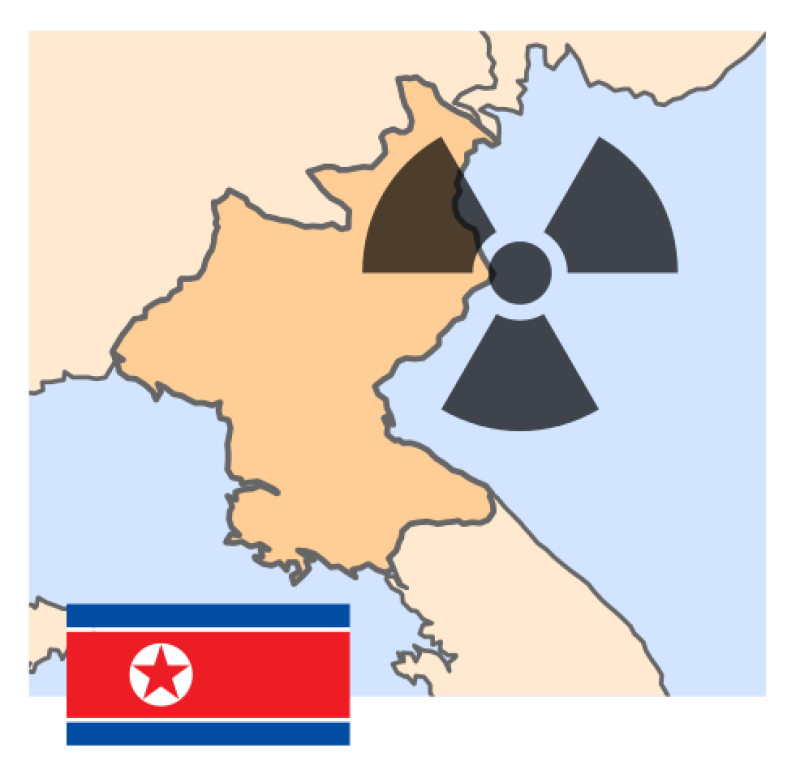
For anyone who was hopeful about the divided Korean Peninsula after the reopening of the joint industrial complex Factory Park in August 2013, matters have taken a bleaker turn this week. In a statement released on state-controlled North Korean television on Thursday, the nation's government announced that it is "unable to refrain any longer" in regard to another nuclear test, which will be the fourth since 2006.
However, the announcement has not been made as part of an isolated incident, as North Korea was upset by a United Nations resolution that seeks to place the country in the International Criminal Court (ICC) for human rights abuses. The UN's claims are very serious in nature and include allegations of forced labor, state-sponsored abductions and summary executions. While North Korea is adamant that such reports are unsubstantial, refugees found on the Chinese border have confirmed such treatment from the government, which has been ruled by the same family for the last seven decades.
However, China's track record shows a history of support for their eastern neighbor, as all refugees have been returned to North Korea and China's Foreign Ministry has labeled the UN resolution as "political provocation". In the wake of the televised statement from Pyongyang, a Chinese spokesperson urged other nations to follow China's lead, which involves maintaining stability in the region and engaging in a dialog to resolve any issues. South Korea condemned the nuclear threat and warned North Korea that a "firm response" will be dispatched if it violates UN Security Council resolutions.
Furthermore, satellite imagery from both the U.S. government and John Hopkins University indicates that North Korea may be conducting plutonium-related reprocessing work at the Yongbon nuclear reactor after it was restarted last year in the wake of failed talks with Washington. Since the restart last August, experts believe that North Korea could be in possession of up to five kilograms of weapon-grade plutonium.

















